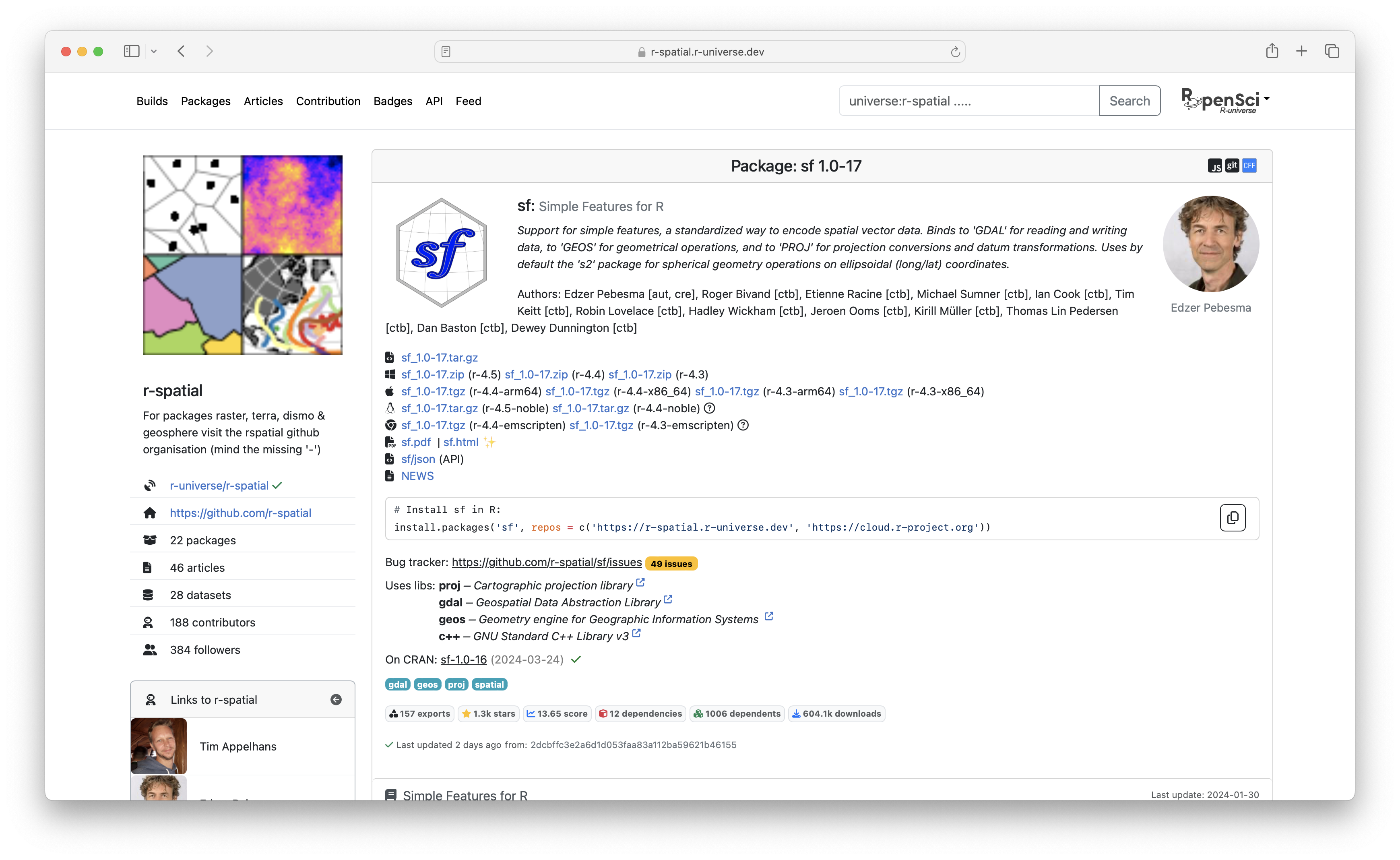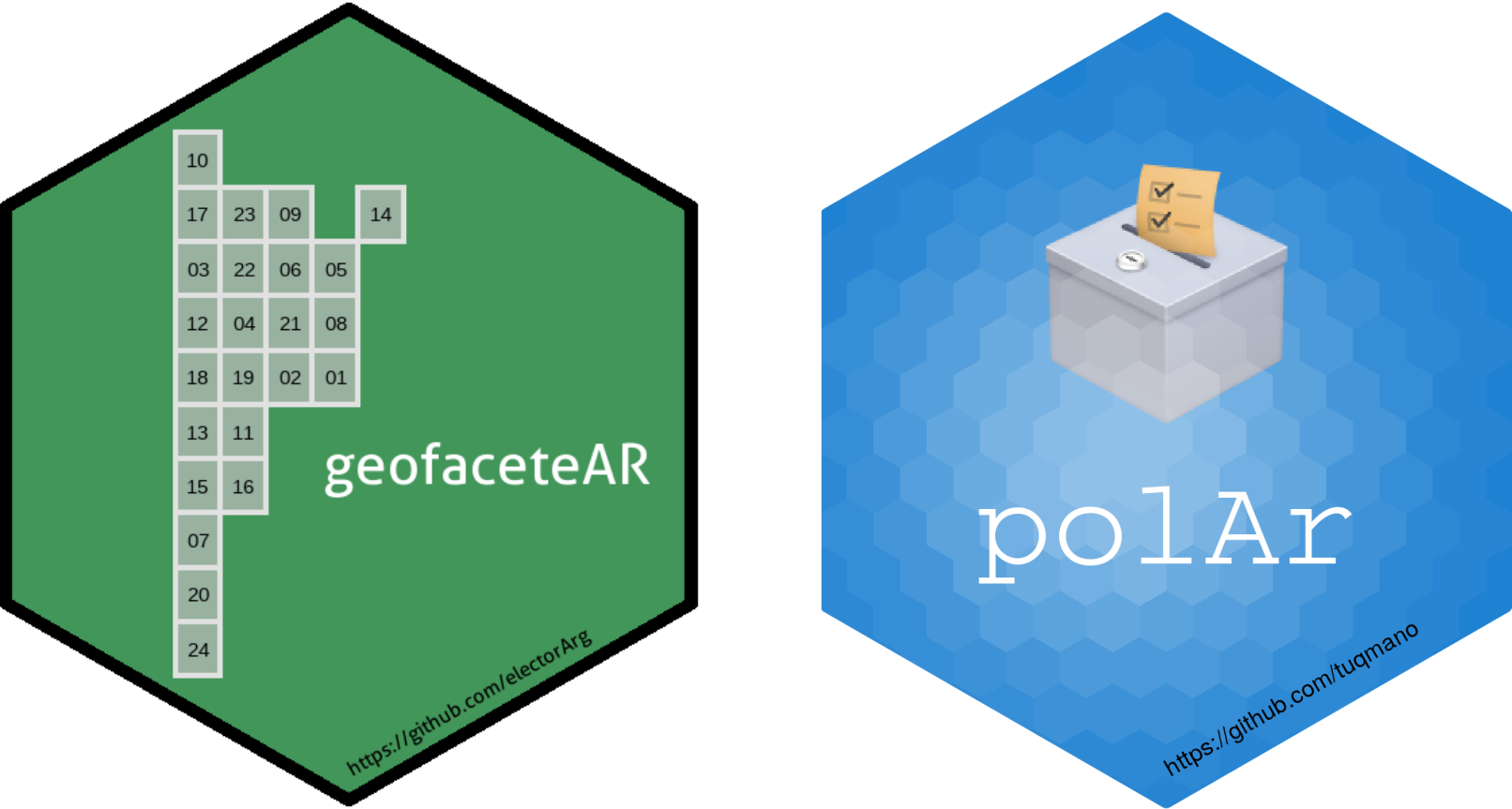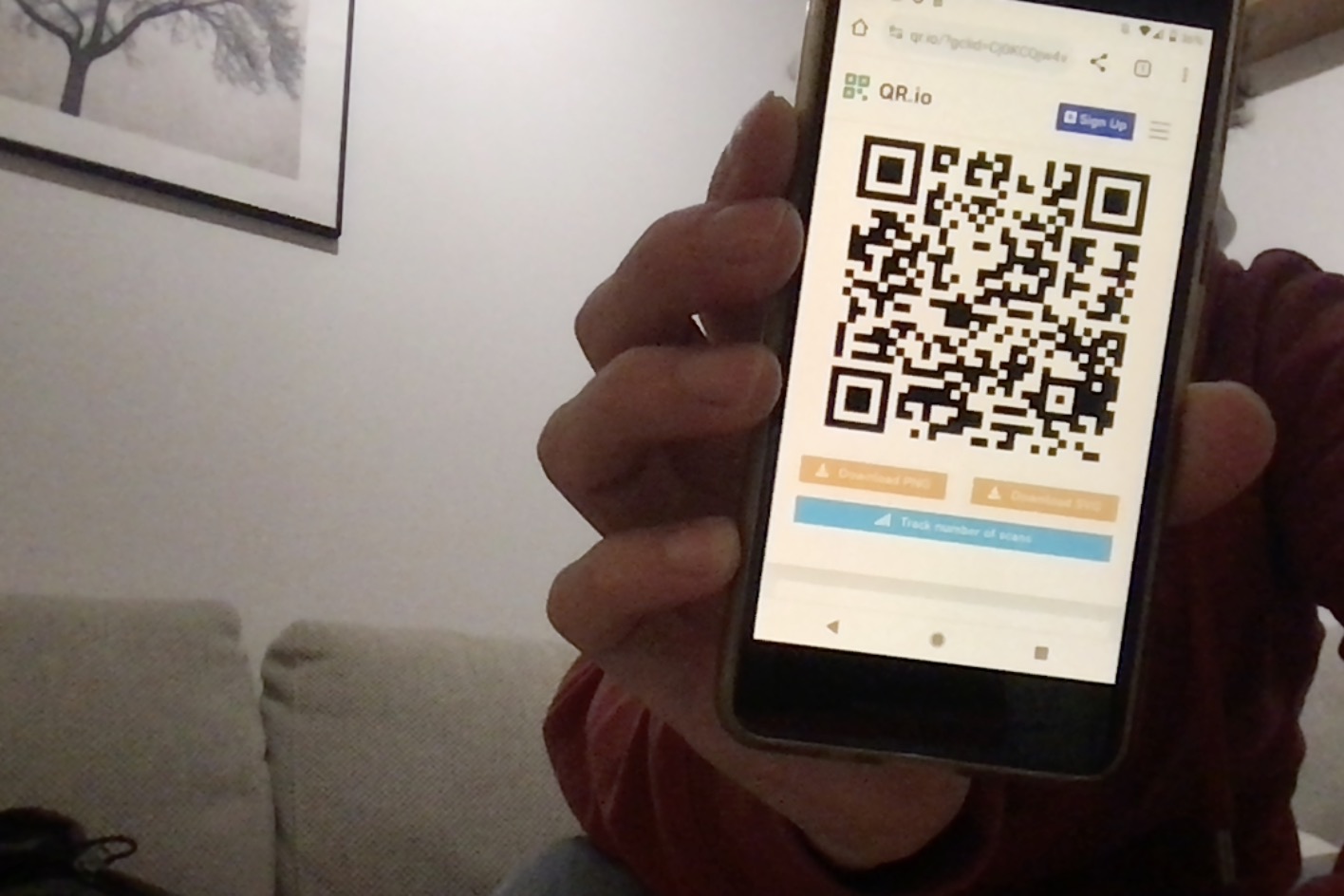Nos complace anunciar el nuevo Grupo de Trabajo de Documentación Multilingüe del R Consortium.Este Grupo de Trabajo surgió luego de varias conversaciones durante el R Project Sprint 2023 y supervisará la implementación del soporte de documentación multilingüe en R y organizará los esfuerzos de traducción de la comunidad.Nuestro primer proyecto es el paquete (experimental) rhelpi18n que añade soporte en R para el uso de
Messaggi di Rogue Scholar
We are happy to announce the brand-new R Consortium Multilingual Working Group.This Working Group came about after discussions during the R Project Sprint 2023 and will oversee the implementation of multilingual documentation support in R and organise community translation efforts.Our first project is the (experimental) rhelpi18n package, which adds multilingual documentation support!
List of packages I’ve found useful in my workflow during 2024 (so far) Plot spiralize: Visualize Data on Spirals tags : #plot [cran package link] https://CRAN.R-project.org/package=spiralize description from the author/vignette panelView: Visualizing Panel Data tags : #plot [cran package link] https://CRAN.R-project.org/package=panelView description from the

A whole new frontend! As you may have noticed, we have given the WebUI for R-universe a big refresh. This is the biggest UX overhaul since the beginning of the project. The old “dashboard” had become a bit convoluted over the years as features and ideas were added and removed while the project was taking shape.
Developing dendroNetwork as a package was not a goal from the beginning, but looking back, I think that it should have been. I wish someone had suggested making a package to me much earlier. Why? Because of many things, but mostly: reproducibility and transparency. This enables others to also use the method and software.
TL; DR: Don’t be an absolutist– use relative paths. Use the here package instead of setwd() or getwd() to increase reproducibility and avoid wasting your and other people’s time.

It was 2015, a Political Science master’s student had to process data to hand in his thesis and decided to take the opportunity to learn how to use R. To the long and winding road of the academic requirement was added an extra degree of difficulty: incorporating programming software from scratch, with a somewhat steep learning curve.

The latest version of the opencv R package can detect and decode QR codes! # Install latest opencvinstall.packages("opencv", repos = "https://ropensci.r-universe.dev") There are two ways of using this: the ocv_qr_detect function tries to find the QR in an image file.
Maintaining a package can be a lonesome activity, which sometimes poses a problem if you prefer team work or if you encounter a very thorny-for-you problem.Beside belonging to a supportive community of maintainers (like rOpenSci 😉), for collaborative help and commiseration you can try to build a community of contributors around your package!In this post, we’ll explore one tool helping you towards that goal: “help wanted” issues, with which your

Summary Installing a package that has just been released to CRAN is painful for many users on Mac and Windows because often the difference between a ‘binary’ and a ‘source’ version is not immediately clear and they end up trying to install the source version, which leads to errors and heartbreak.When I was designing The Carpentries Workbench, I needed to make sure that people could reliably install R packages at any time